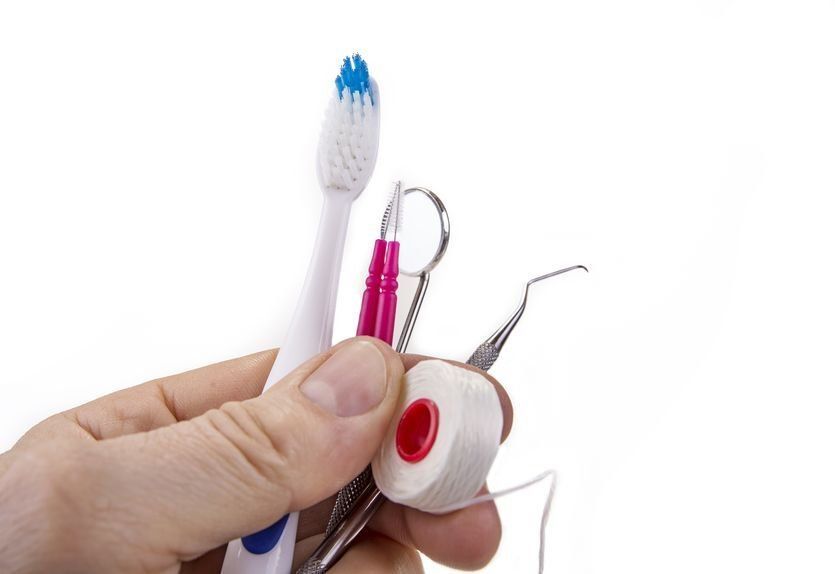What Happens When I Forget to Floss
- By Mary Marks
- •
- 07 Jul, 2021
- •

It is not enough to clean your teeth with a toothbrush, because, in this way, only 40% of the tooth surface is actually cleaned; tiny food debris still remain between the teeth and gums and lead to the most common oral health problems that eventually lead to trips to a sedation dentistry office for dental deep cleaning. That is why it is necessary to use dental floss every time you clean your teeth.
According to a survey on health measures, only 28% of people say they floss at least five times a week.
In general, you should floss at least once a day, especially before going to bed in the night. However, if you eat frequently throughout the day, flossing after snacks too will greatly reduce the risk of cavities.
If you do not floss, bacteria will build up in the spaces between the teeth and in the gingival groove. When not removed, these bacteria lead by aggregation and attachment to the formation of bacterial plaque, which is subsequently mineralized by certain mechanisms, leading to the appearance of tartar, which can be removed only by the dentist. All those bacteria and the bacterial plaque harbor acids, which demineralize the enamel and cause carious lesions. Subgingival plaque greatly increases the likelihood of inflammation of the gums, which eventually develops into chronic gingivitis or periodontal disease.





Although oral sedation dentistry Highlands Ranch is one of the optionsavailable for managing anxiety and discomfort during oral surgery, you certainly do not need to use it all the time. As a matter of fact, the exact type of sedation or anesthesia that you receive during oral procedures may depend on various factors, such as the complexity of the procedure, your medical problems, as well as your doctor’s preferences.
There can be several different levels of sedation that can be used in oral surgery. Local anesthesia is one of them. This involves injecting anesthetic medication into the specific area where the surgery will take place. It numbs the area and is often used for less invasive procedures.
Oral sedation involves taking medication in the form of a pill to induce a state of relaxation and drowsiness. The patient is still conscious, but he/she may not be fully aware of the procedure. At any rate, sedation helps him/her get rid of anxiety.
In the case of intravenous sedation, medication is administered through a vein, which induces a deeper state of sedation than oral sedation. Patients may still be conscious, but they are less aware of their surroundings and may not remember the procedure.





